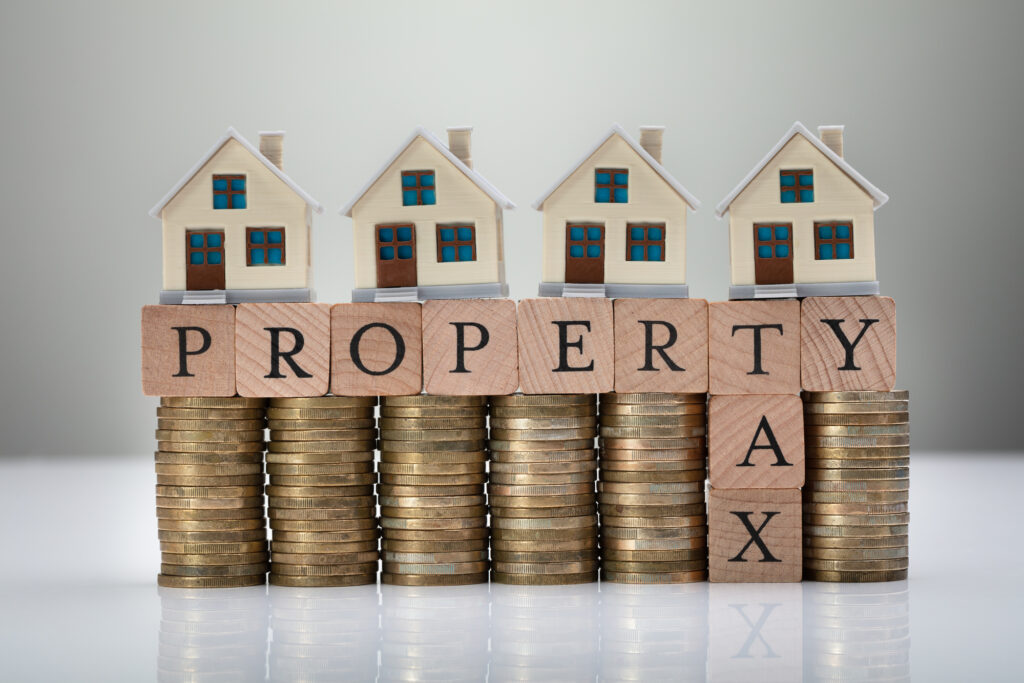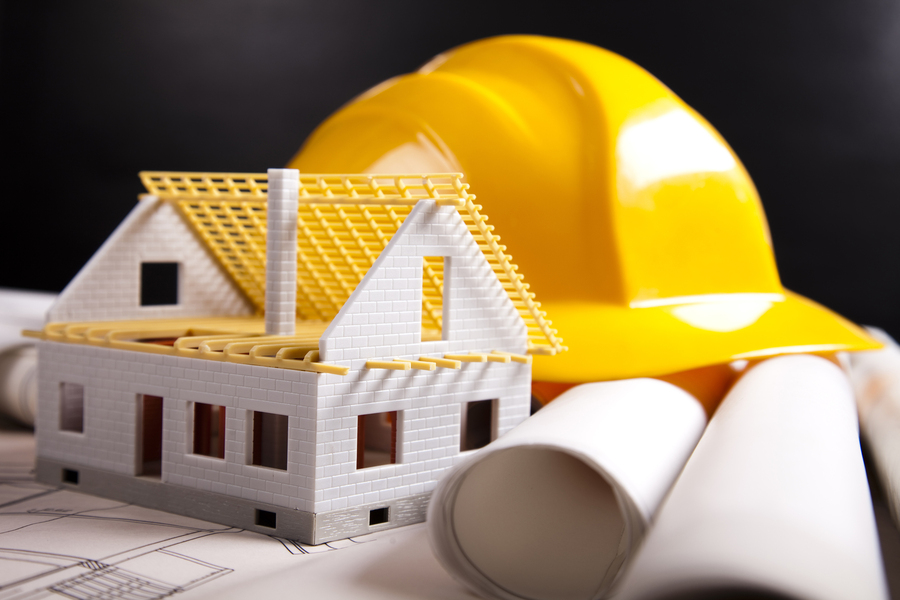It is blatantly irresponsible for some leaders of municipal councils across the Greater Toronto Area (GTA) to try to shift blame for possible upcoming property tax increases to the provincial government.
A number are squawking about the More Homes Built Faster Act that the provincial government passed late last year which reduces or freezes development charges on certain types of housing, namely affordable and non-profit housing. To be clear, private market-built housing – the bulk of housing that is built by developers – does not get a break.
They are warning that eliminating the charges on these specific types of housing will force them to raise taxes or cut services. In doing so, they are unfairly and inaccurately casting the provincial government and by extension residential builders as the bad guys when that is clearly not the case.
Premier Doug Ford and Municipal Affairs and Housing Minister Steve Clark, to their credit, are honouring their election pledge to take bold action to fix the housing supply crisis and stem the tide of young people who are leaving cities like Toronto simply because they can not afford to live there.
The provincial legislation is another important step to spur housing construction to meet the target of building 1.5 million homes over 10 years. Eliminating development fees municipalities can charge for affordable homes, it will spur developers to build more at a cheaper cost.
Some of the figures being floated by GTA councils and politicians are absolutely ludicrous. A poll conducted by CBC news indicated many of the 25 municipal governments in the GTA are still crunching the numbers but one region, East Gwillimbury, said taxes could go up more than 100 per cent.
The budget for the City of Toronto is proposing a 5.5-per-cent increase in property taxes along with a 1.5-per-cent increase in the city building levy, or basically a seven-per-cent hike. The average annual increase is expected to be $233 for a homeowner with an average property tax bill of $3,569.
Changes to the system are long overdue. The cost of growth has been unfairly placed exclusively on new home buyers, the most vulnerable people in the market, who ultimately end up footing the bill.
For too long, municipalities have relied on development charges to provide things like roads and sewers, public transit, parks, and libraries, but everybody must share in the cost of growth, not just home buyers.
Developers of market-built housing in GTA municipalities, for example, are already paying exorbitant fees and are facing even more increases in some regions. The City of Toronto intends to hike rates by 46 per cent over two years. Development charges for single and semi-detached houses were $12,366 in 2009 but will rise to $137,040 as of May 1, 2024 – a huge, 1,008-per-cent increase.
Nearly 25 per cent of the cost of a new home goes to taxes, fees, and levies. Municipal fees and taxes on low-rise new housing development in Toronto now amount to more than $189,000 a unit, according to a recent study done for the Canadian Home Builders’ Association (CHBA) by Altus Group. In Markham, it amounts to more than $162,000 a unit and in Brampton, the figure is $126,000.
Meanwhile, Toronto has $2.3 billion sitting in a development charge reserve fund. Across Ontario, municipalities reportedly have more than $9 billion in unspent development charge reserves.
In the CHBA study, municipal-imposed charges in the six GTA municipalities all rank in the top seven in the country, owing to the significant amount of development charges imposed on new housing.
Homeownership is out of reach for many, and development charges add tens of thousands to the price of building affordable and non-profit housing. Reducing or freezing development charges on affordable and non-profit housing will bring prices down and hopefully spur more building.
The province took a positive step in the right direction.
Richard Lyall is president of the Residential Construction Council of Ontario (RESCON). He has represented the building industry in Ontario since 1991. Contact him at media@rescon.com.









